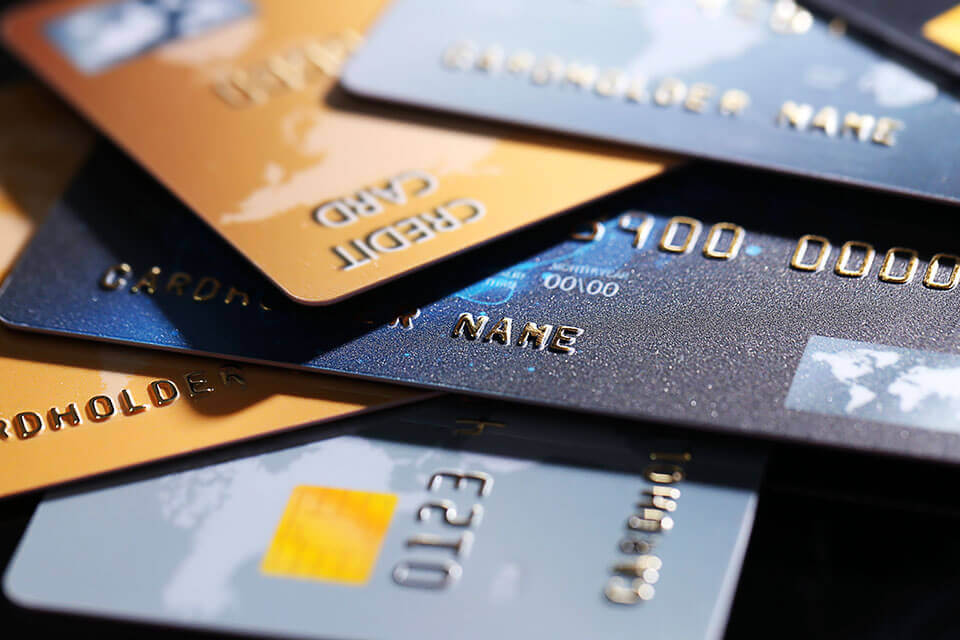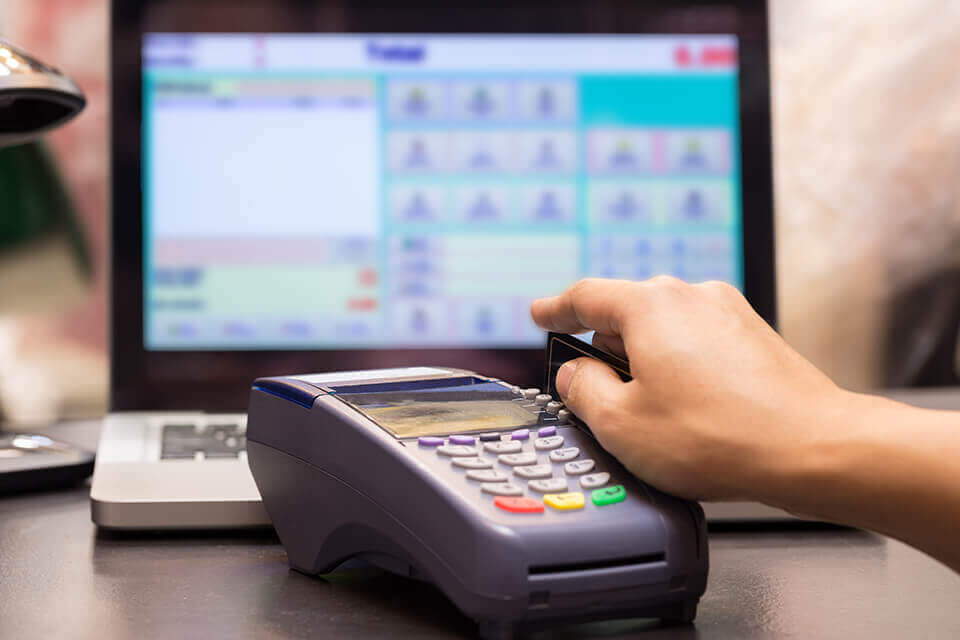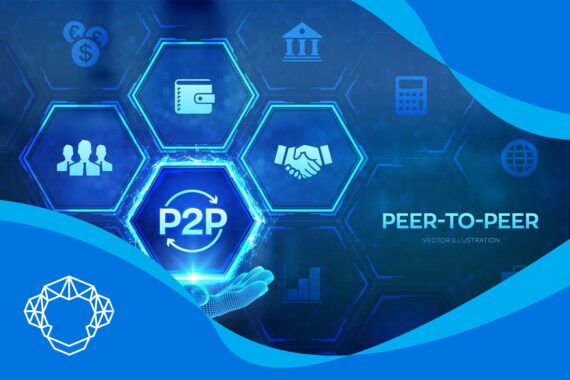As a business owner accepting credit cards or planning to start doing so, there are several noteworthy things you should know, and the role of an issuing bank or entity is definitely one of them. Those who are new to the often unfathomable world of credit cards might be confused by so many terms and services, which is why we decided to unveil this and many other misconceptions you might have stumbled upon.
How Do Payments Work?
To get an idea of the role of customers’ banks in cashless financial transactions, here are the four steps and four parties involved in this process that seems to last no more than a couple of seconds:
- Cardholder – Usually, this is a customer who makes a purchase using its debit or any other card for payments.
- Issuing banks – Financial institutions where a customer has its account, they issue cards in the name of the major card companies we’ll talk about shortly. Legally, issuers are responsible for their client’s purchases if the client doesn’t settle them.
- Processor – Acts as a mediator between the merchant and financial institutions that are involved in the process. The processor, or a credit card processing company is responsible for authorizing transactions and facilitating the transfer of funds.
- Acquiring banks – The acquirer is the institution that has a contract with a merchant and accepts money on its behalf. But it is also responsible for charges made by the merchant, in case the purchased services or goods are not provided.
- Merchants – Business owners who sell products and services and accept all kinds of payment cards.

Who Can Issue Credit Cards?
If you thought that all Mastercard cards are issued directly by Mastercard or Visas by Visa, it’s not entirely true. Financial institutions such as big banks and credit unions have partnerships with large network brands such as Visa or Mastercard. Still, they are the ones who provide financial backing for the entire operation. Networks serve to process the transactions, but the issuer is paying for every purchase on behalf of the cardholder.
What Are the Major Credit Card Networks for Payment Processing
Feel free to take some time and explore your options. Many Americans have cards from several networks, but usually, these four are everyone’s top picks:
- Visa
- Mastercard
- Discover
- American Express

What Is the Meaning of Issuing Bank?
Legal entities that offer various kinds of payment instruments, such as debit, credit, and prepaid cards to its clients, can be considered as issuers. The credit card issuers act as middle-man between the cardholder and card schemes or brands. But they are all a part of one specific payment model that includes both merchants and customers, so let’s take a look at some of the frequently asked questions about it.
What Is the Issuer Transaction?
This type of transaction stands for direct or indirect transactions from which the entity benefits. Indirectly, it is beneficial in situations when any specific part of the purchase price is received indirectly by the issuer. All other transactions that are not directly or indirectly for the benefit of the entity are considered non-issuing transactions.
What Is Issuers Code?
Another common question is what is the IIN? The IIN abbreviation stands for Issuer Identification Number, which usually refers to the first eight numbers of the credit, debit, or any other cards. Every IIN is unique to the chosen institution and its network provider.
What Is the Difference Between Acquiring and Issuing Bank?
Merchants need to understand all the information in the payment process and how the money transfer goes. That is where many can get confused or mix the acquirer and issuer’s roles.
What Are the Main Acquiring Banks?
To illustrate everything with a few examples, we decided to share some of the most significant acquirers on the market with you:
- Bank of America
- Wells Fargo
- Chase
- Elavon
Sometimes finding the right acquirer can be challenging, especially if your business is characterized as risky or the acquirer is not flexible enough. In those cases, search for solutions such as Payment Cloud, which has partnerships with multiple providers and can offer a custom-tailored solution.
Understanding the Difference Between Issuing and Acquiring Bank
Both these banks have the role of a middle-man between merchants and customers, to ensure every transaction is carried out correctly. The issuers are responsible for transferring the customers’ money to the acquiring bank where a merchant receives payments from customers through issuers and where all the funds are kept.

Is the Issuing Bank Important for Business Owners Who Have a Credit Card Payment System
Nowadays, it is hard to run any business if you don’t offer credit card processing. So, if expanding a business is something you’re up to, setting up a merchant account is a must. Applying for a merchant account is a simple process that won’t take much of your time, and you can only benefit from there.
However, once you install everything and understand all about credit card transaction fees, you also need to know what happens after the customer swipes the card. For merchants, the customer’s issuer is only important in case of a chargeback. In any other situation, for merchants, this is pretty much irrelevant. If a chargeback occurs, you’ll have to indirectly get in touch with the issuer to solve the dispute.

Now You Have the Knowledge Base On Issuing Bank or Entity
Whether you’re a merchant or a customer, it is vital to have this information in mind and fully understand how credit card processing works on both ends. For any additional information on payments, feel free to contact your financial institution or the chosen processor.







